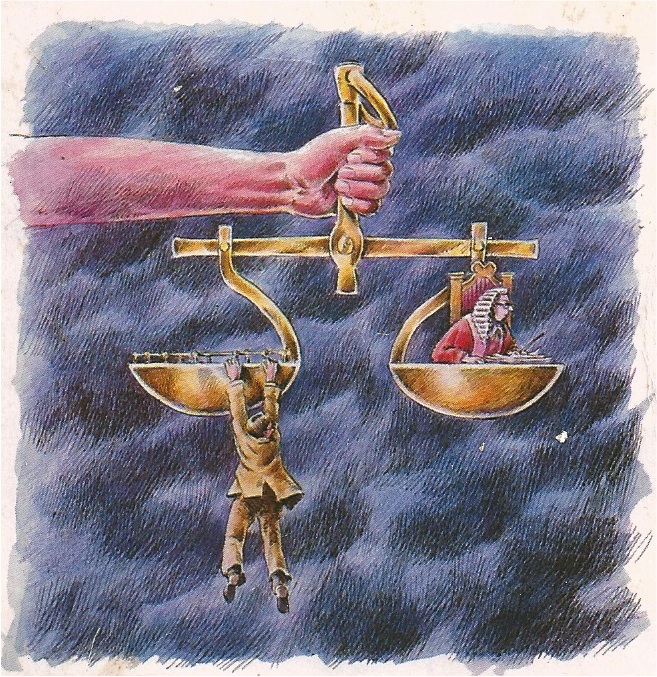Six out of 10 cases in the magistrates courts are being held in secret in order to clear the backlog in the courts. An investigation by the Daily Telegraph has found that up to 40,000 cases a week are being heard behind closed doors by a single magistrate, without the defendant appearing in court.
Such cases, dealt with using court papers by a lone magistrate, are allowed under the Single Justice Procedure (SJP) introduced in 2015. The procedure was introduced to deal with non-imprisonable offences such as non-payment of a TV licence.
During the first full year of the use of SJPs in 2016, they made up 24% of cases in the Magistrates Court. The huge growth in their usage can partly be explained by the fact it has subsequently been used to prosecute Covid law-breakers with fines of up to £10,000. This week three protestors who attended the Clapham Common vigil following the death of Sarah Everard were convicted of breaking Covid laws by a magistrate through a Single Justice Procedure, each receiving a fine of £220 plus £134 in court costs and fees.
SJP defendants are not eligible to receive legal aid, so must pay for their own legal representation. They receive a letter that asks them to respond with a guilty or not guilty plea, and those who respond not guilty receive an open hearing. Figures obtained by the Telegraph show that just five per cent of people respond not guilty and have their case heard in public.
SJPs have been heavily criticised, with Tara Casey of the charity Appeal describing them as ‘conveyor belt justice’. She said there is ‘the capacity for large scale miscarriages of justice’ when cases are processed in this way.
Penelope Gibbs, founder of Transform Justice said: ‘The Government is hidebound on using it as much as possible, because it is much cheaper if you don’t have an open court hearing’. You can hear Gibbs and Rob Allen of Transform Justice with Naima Sakande, APPEAL’s deputy director, and Tristan Kirk, courts reporter for the Evening Standard, discussing the SJP process here.
🚨NEW EPISODE ALERT🚨
Today we launch our new podcast! Episode 1 looks at the single justice procedure (SJP) with guests Naima Sakande of @we_are_APPEAL and Evening Standard courts reporter @kirkkorner
🎧 Spotify: https://t.co/AsNUDdisTK
🎧 Apple:https://t.co/zsGPpvCTxl pic.twitter.com/ehnJNV5Cgy
— Transform Justice (@TransformJust1) June 9, 2022
These figures come as magistrates have received new powers to sentence people to up to a year in prison (previously up to 6 months) in order to clear the backlog in the criminal courts. They are also able to hear more severe cases such as fraud, theft and assault.







